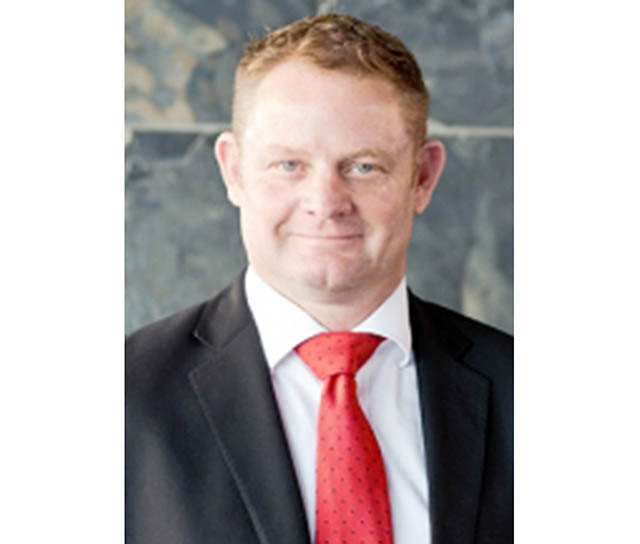By Tileni Mongudhi and Mathias Haufiku | 17 September 2019
A HIGH Court judge has rejected an application by chartered accountant Hans Hashagen to halt disciplinary charges against him.
Hashagen was charged for his role in “questionable” forensic investigations that led to the firing of two parastatal bosses.
He was accused of hiding crucial information from his report into the loss of millions of Namibia dollars which had been invested by the Government Institutions Pension Fund (GIPF).
That report led to the firing of former Namibia Financial Institutions Supervisory Authority (Namfisa) chief executive Rainer Ritter.
Ritter was fired after he insisted on investigating political figures and other culprits allegedly implicated in the disappearance of millions of Namibia dollars in public servants’ pension money invested by the GIPF.
The Public Accountants and Auditors Board (PAAB) subsequently instituted disciplinary charges against Hashagen in 2016 for sins he allegedly committed when he was a senior partner at the auditing firm Ernst & Young.
Hashagen – who is now an advisory and risk assurance services partner at PwC Namibia – challenged the PAAB’s decision to charge him, in court.
His court action halted a disciplinary hearing that was supposed to start in October 2016.
High Court judge Thomas Masuku last week ruled that Hashagen’s attempt to have the disciplinary process reviewed by the High Court was premature, and that he did not exhaust internal processes within the regulatory body.
Masuku agreed with the board that the disciplinary process can only be challenged after it has been concluded.
The judge also concurred with the PAAB’s argument that Hashagen had the opportunity to raise concerns around procedural issues within the board’s disciplinary frameworks, but failed to do so.
The accounting body insisted that its decision to charge Hashagen and start the process of having him answer to charges, was investigative in nature.
The move to charge him was not a conclusion to the process, the PAAB said.
Hashagen’s run-in with the accounting professional watchdog emanates from a 2008 forensic audit or investigation he conducted at Namfisa.
He was at the time senior partner at Ernst & Young.
As a result of his investigation, Namfisa fired its then chief executive Ritter, who alleged that some Namfisa officials wanted to cover up an investigation into the GIPF’s investments.
In 2011, Ritter then challenged the investigation, its processes and conclusions. He also attacked the fact that he felt the investigation was not in line with international auditing standards.
The PAAB only discussed his initial complaint two years later. A legal opinion was then sought, which concluded that there were no prospects of success in charging Hashagen.
Ritter was notified in 2015 that the PAAB would not be charging Hashagen, but the former Namfisa CEO persisted, and threatened legal action against the board.
As a result, a second legal opinion was sought, which then paved the way for the regulatory body to charge Hashagen.
The Namibian also reported in 2015 that apart from Ritter, former Namibia Training Authority boss Maria Nangolo-Rukoro laid a complaint against Ernst & Young and Hashagen, because their audit or investigation led to her being fired.
Although he was no longer in Ernst & Young’s employ, Hashagen at the time defended himself, saying forensic investigations should not be confused with audits.
He said an audit is when the auditor expresses an opinion on a sample basis regarding an institution’s financial position, while a forensic investigation looks at a specific transaction from inception to end, and it does not have to be a financial transaction.
At the time, he also questioned the PAAB’s jurisdiction over forensic investigations he carried out, saying that forensic investigators are regulated by the Association of Certified Fraud Examiners, and do not fall under the PAAB.






